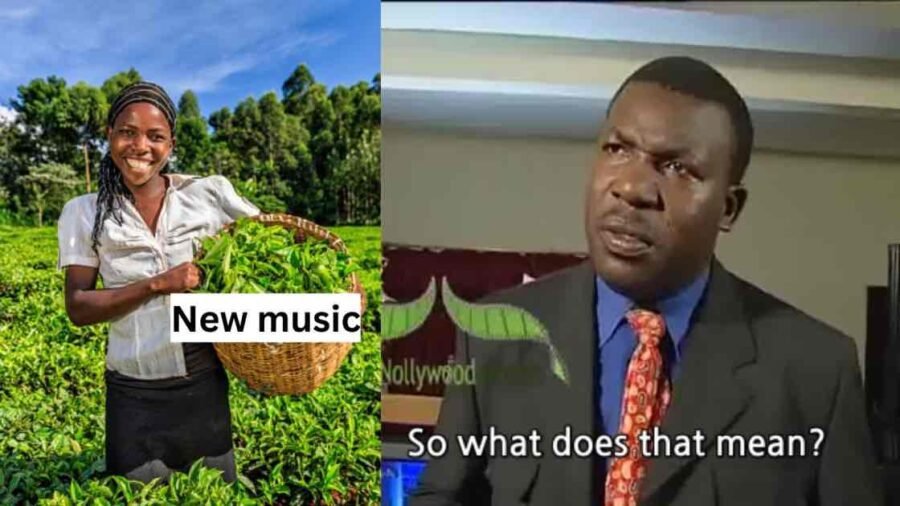I’m sure your mother asked you if money grew on trees and I’m here to tell you it technically does. Go back and tell her yes. This is your time to shine.
During the course of 2022, a disagreement arose between two artistes in the music industry who took it upon themselves to tell us about the underground business the music kids are running in their backyards, a movement they called “streaming farms”.
It’s the middle of the year and we’re sure everybody has forgotten their new year resolutions so we’ve taken it upon ourselves here at Digi HQ to tell our music guys to ask themselves if they want to be farmers or musicians.
According to The French National Centre for Music (CNM) a significant percentage of music streams, estimated to be between 1-3%, are fraudulent. These streams are generated by individuals or groups using stream farms to artificially inflate streaming numbers and divert royalties away from legitimate artistes, it’s giving music yahoo. You told your mummy you wanted to chase your dreams and do music but Wale you’re now into thievery.
According to a report by Statista, the Nigerian music industry generated a revenue of $40 million in 2021 alone. If we apply the estimated 1-3% of fraudulent streams to this total revenue, it can be estimated that between $400,000 and $1.2 million of the Nigerian recorded market for 2021 was derived from illegal activities.
The most insane thing about this is that these are the numbers for detected activities. With the history of “underground work” we have, one can only imagine the activities that happen under our noses. Your favourite artist topping every chart might be running on farm work. Well at least, we’re going back to our roots.
In July 2022, there was a song that has rose to the #2 spot on the Nigeria Spotify chart with 55,000 streams, disrupting the simultaneously charting songs from Burna Boy’s album. Upon further investigation, it was discovered that the song’s success was a big fat lie.
A song with only 2 TikTok videos under the sound, in no notable spotify playlists and had gotten only 2000 listens in 3 months on YouTube music. We won’t call anybody’s name sha.
In as much as this might sound like “fun and games”, this is a real issue that affects the credibility and organic rise of African music culture.
We finally have the ears of the world, but do we want them to hear how we falsify streams and have no regard for true talent and good music? Running ads on videos and songs is normal but garnering illegitimate streams?
Nawa o.
Rachel is your favourite gen z artist baby, who spends the time she's not on set laying on her bed writing and dragging people on the internet.



